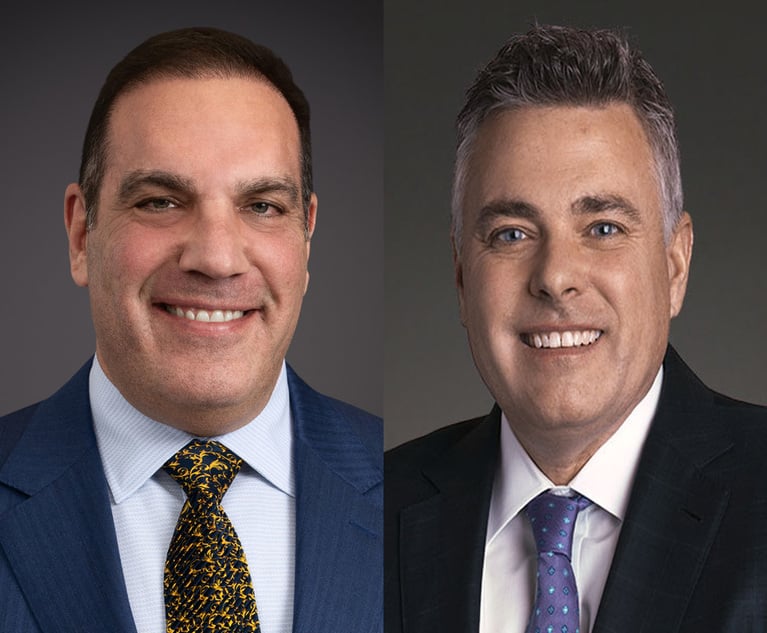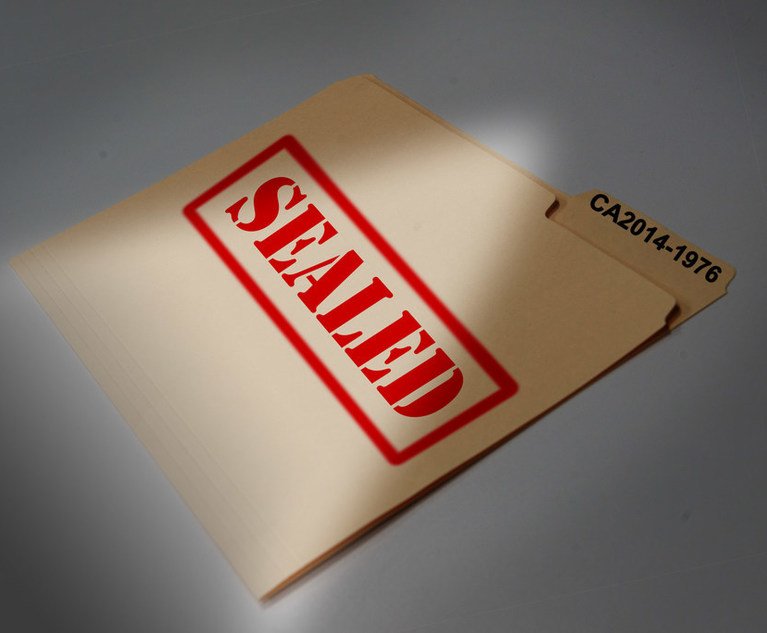A question many practitioners may face is who “owns” the documents and other material made and stored during the course of a representation: the client, the attorney or the attorney’s law firm? The answer to that question may dictate whether or when and to whom such information must be disclosed.
This issue can be even more complicated when considering requests for the file—from a client or third party—with regard to work-product materials created by the attorney during the course of the representation. Unlike communications that may be protected by the attorney-client privilege, the work-product doctrine, as recognized by the U.S. Supreme Court in Hickman v. Taylor, generally relates to materials that reflect the attorney’s thoughts, observations, strategy, or other mental processes.
This content has been archived. It is available through our partners, LexisNexis® and Bloomberg Law.
To view this content, please continue to their sites.
Not a Lexis Subscriber?
Subscribe Now
Not a Bloomberg Law Subscriber?
Subscribe Now
LexisNexis® and Bloomberg Law are third party online distributors of the broad collection of current and archived versions of ALM's legal news publications. LexisNexis® and Bloomberg Law customers are able to access and use ALM's content, including content from the National Law Journal, The American Lawyer, Legaltech News, The New York Law Journal, and Corporate Counsel, as well as other sources of legal information.
For questions call 1-877-256-2472 or contact us at [email protected]


 Alanna Clair. left, and Shari Klevens
Alanna Clair. left, and Shari Klevens




